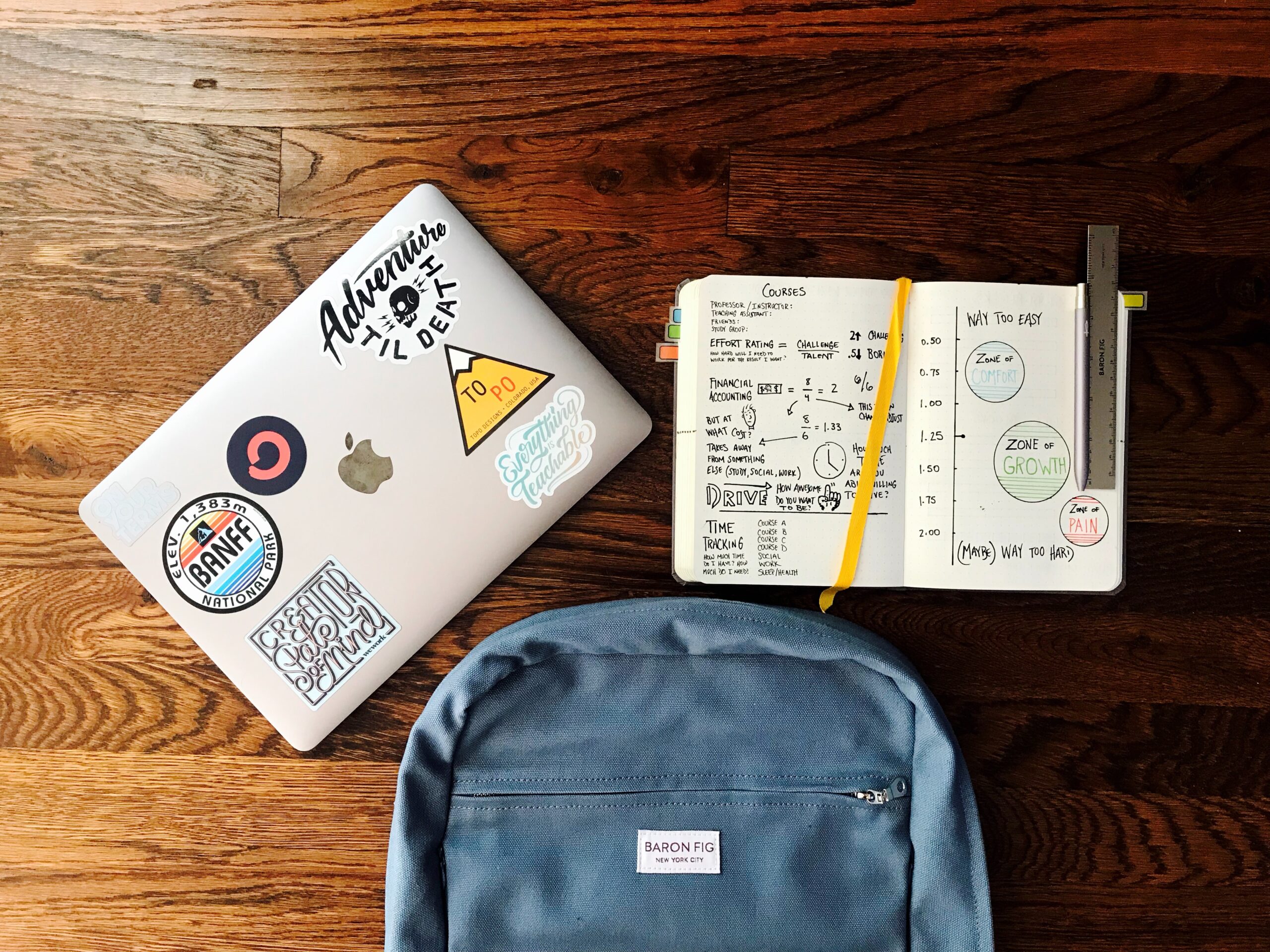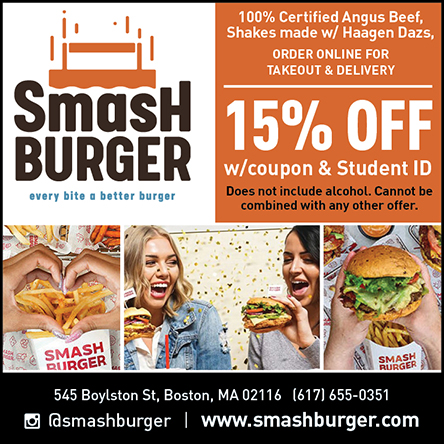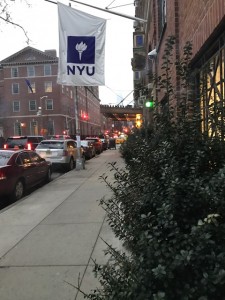So, August is coming to an end, you’re freshly graduated from high school, and you’re getting ready to start this new chapter of your life that everyone’s been hyping up for as long as you can remember: college. You are probably feeling a mixture of emotions about the journey, from excitement to nervousness, to everything else in between. You want to be as prepared as you possibly can, but you don’t know where to start. After all, you’re going to be living on your own independently, likely for the first time in your life.

As a current college student who was once this excited and nervous freshman, I think most college students tend to over and under-focus on certain parts of the college process. For example, lots of students focus on the small, logistical parts of independent living. A lot of time and energy is spent on making sure that you brought enough clothes, or that you have the right room decorations to make your room as comfortable as possible. While these things are important, missing one pair of shoes at home is not going to determine the success or failure of your semester. The biggest misconception that college students seem to have involves what living independently really means. Most students seem to think it just means “living by yourself,” but this is not true. If you think about an average high schooler’s routine, all of it can be done without the help of others. Like clockwork, you wake up, go to school, do any after-school activities you may have, get home to have some dinner, do your homework, and then go to sleep. Most of these activities don’t require anyone else but YOU. In that way, college students are already more independent than they think they are, so it’s not just about operating alone. Instead, living on your own means that the structure you took for granted for eighteen years is entirely upended. No one is going to make your dinner when you get home, yell at you for not getting to practice on time, or remind you to finish your schoolwork if you have missing assignments. Living independently is, fundamentally, about you creating a structure for yourself, and sticking to it.
When this structure that has been in place your whole life is suddenly removed, your life starts to change in unexpected ways. While it’s easier to change the times that you wake up, eat meals, and go to sleep every day, some things are less obvious and even harder to change. One of these changes, perhaps the most important one, lies in your relationships with others. In high school, relationships with your family, friends, and teachers, while potentially challenging, are made very easy to navigate by the time structures created for you. However in college, professors are not available every hour of the school day, and you only see your classmates for a fraction of the time during the week. People are organizing their own clubs and hosting their own parties. This isn’t even mentioning your parents or your old friends which you may have left behind when moving across the country. Simply put, relationships in the real world are not easy, and college is no exception. Much like many things in your childhood, forming and maintaining relationships were likely made easier for you by the structure given to you by others. Forming new and maintaining old relationships can be very difficult if you don’t know what you’re doing. Luckily for you, I’m more than happy to give a few pointers.

I’ve had a college experience, starting with a very typical first semester before heading home for a semester online due to COVID-19. After a year filled with COVID restrictions, things started to return to normal by my junior year. In my experience, between masks and Zoom meetings, college as a whole often felt uniquely disconnected and impersonal. And in times like those of a pandemic, personal relationships were more important than ever. Whether you go to Harvard or Cape Cod Community College, any college graduate will tell you that it’s not about the things you do in these four years, it’s about who you do it with. With that in mind, I’m here to share some of my own experiences with you so that your college relationships are the best that they can be, extending beyond the four short years you are given at college.
Speaking of new beginnings, one of the best things to do when moving to a new place at any point in your life is finding a good place to eat. Smash Burger has a great selection of burgers and shakes for a great night out exploring Boston or for ordering in and sharing with your new college friends. You can get 15% off your order using the coupon below.

By: Lucas Pratt
Lucas Pratt is a senior at Boston College studying Philosophy, English, and Chinese. He enjoys games of all kinds, Dungeons and Dragons, and getting around to finishing the copy of Dune that’s been sitting on his nightstand for months on end. Lucas has decided that the words “employable majors” don’t mean anything to him, and is eagerly seeing where the world takes him in the future.
For over 20 years, the Campus Clipper has been offering awesome student discounts in NYC, from the East Side to Greenwich Village. Along with inspiration, the company offers students a special coupon booklet✎ EditSign and the Official Student Guide, which encourages them to discover new places in the city and save money on food, clothing, and services. At the Campus Clipper, not only do we help our interns learn new skills, make money, and create wonderful e-books, we give them a platform to teach others. Check our website for more student savings and watch our YouTube video showing off some of New York City’s finest students during the Welcome Week of 2015.




